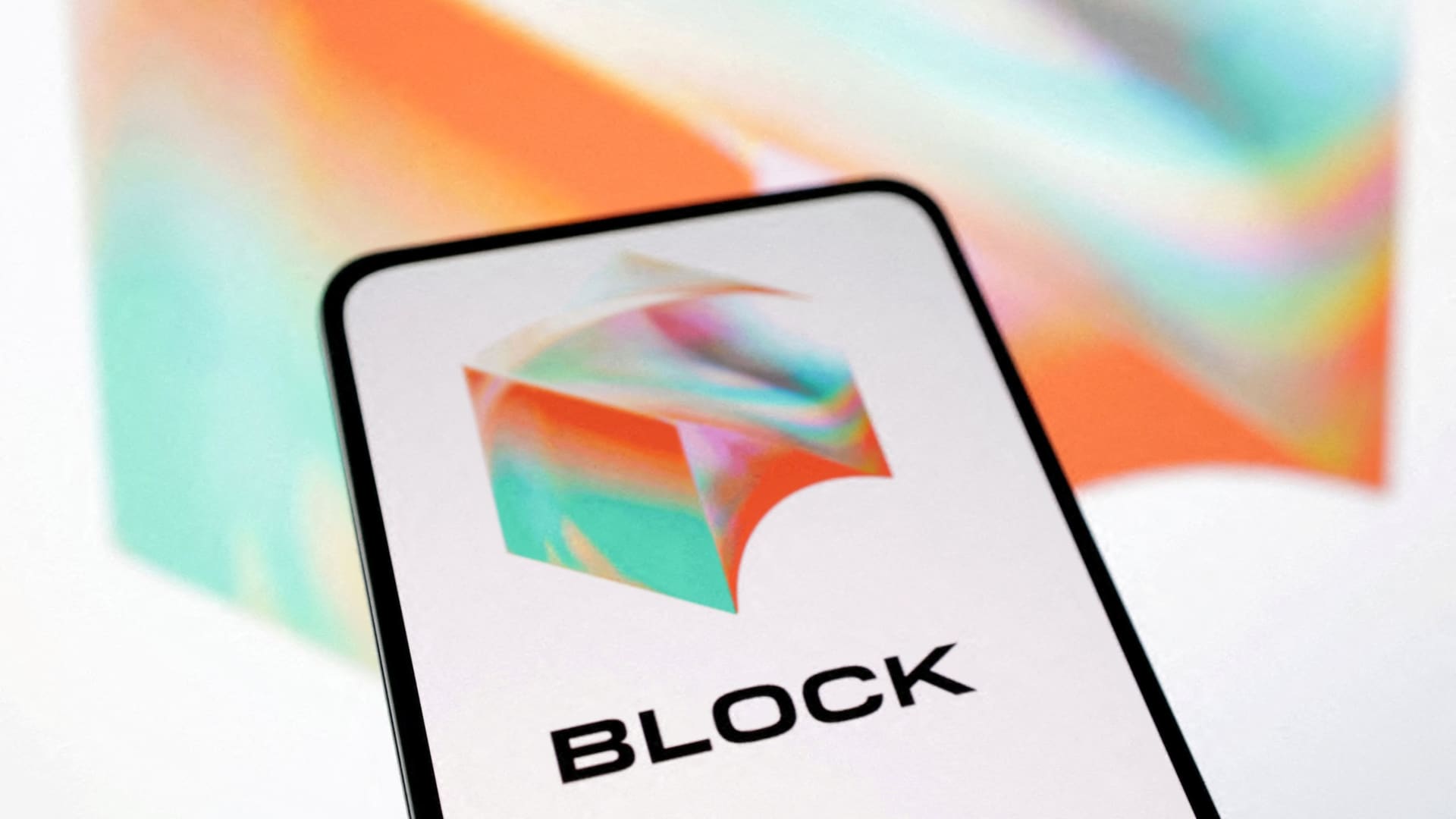

Block reported third-quarter revenue on Thursday that trailed Wall Street expectations. The stock initially sold off after hours but erased most of its losses as investors focused more on profitability metrics.
Here is how the company did, compared to analysts’ consensus estimates from LSEG.
- Earnings per share: 88 cents adjusted vs. 87 cents expected
- Revenue: $5.98 billion vs. $6.24 billion expected
Block finance chief Amrita Ahuja told CNBC that analysts focus more on gross profit than revenue and pointed to the company’s earnings growth and outperformance relative to expectations.
Block, formerly known as Square, posted $2.25 billion in gross profit, up 19% from a year ago. The company reported net income of $283.7 million, or 45 cents per share, after losing $88.7 million, or 15 cents a share, a year earlier.
The Cash App business, the company’s popular mobile payment platform and a significant contributor to overall profitability, reported $1.31 billion in gross profit, a 21% year-over-year jump. Block, run by Twitter co-founder Jack Dorsey, said monthly active users of its Cash App Card increased 11% from a year earlier to more than 24 million.
Gross payment volume came in at $62.4 billion, missing analysts’ estimates of $64.3 billion. However, the company has improved its cost structure. Gross profit for the fourth quarter will increase 14% to $2.31 billion, Block said.
Going into earnings, analysts were focused on the company’s buy now, pay later unit. Block acquired the Australian BNPL firm Afterpay for $29 billion in 2021.
CEO Jack Dorsey devoted his quarterly shareholder letter to explaining the company’s lending products, including Square Loans, Afterpay Buy Now Pay Later and Cash App Borrow. He said the company is looking to transform Cash App Cards “into a better alternative to credit cards” when it launches Afterpay on Cash App Card.
Ahuja told CNBC that the company’s lending products use artificial intelligence to enable “smarter and faster” decisions and to help Block “manage risk and be agile in how we underwrite” consumers and small businesses.
She said that that’s helped the company maintain low loss rates across each of the different products. Those rates are about 1% on buy now, pay later, 3% on Cash App borrow and 4% on Square Loans.
“Lending is the primary driver for future Cash App user monetization,” Kevin Kennedy, an analyst at global research firm Third Bridge, said in an email.
Outside of financial services, Kennedy said Cash App could help Block develop an advertising business and charge merchants for promotional pricing or brand placement.
As part of its cost-cutting measures, the company said in its shareholder letter that it was scaling back its investment in Tidal, the music-streaming service founded by Jay-Z, and entirely winding down TBD, the Bitcoin-focused arm of Block. The company went through layoffs earlier this year.
Dorsey said on the earnings call that, when it comes to bitcoin, the company is focused on “making it more accessible,” which it does through Cash App. Additionally, Block holds bitcoin on its balance sheet. The company said it had 8,300 bitcoin at the end of the quarter, which is currently worth about $630 million.
— CNBC’s Robert Hum contributed to this report.






